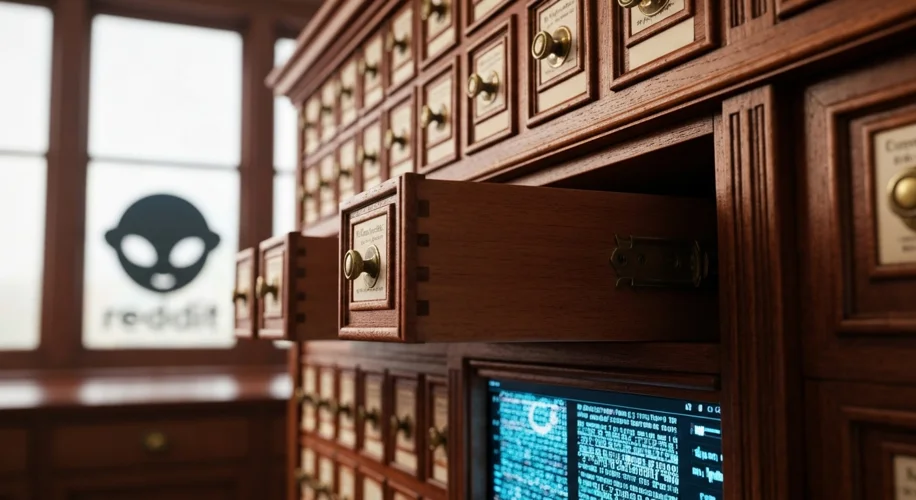As someone who has spent a good portion of my life immersed in the dusty archives of technological history, the recent news about Reddit blocking the Wayback Machine from archiving most of its site immediately caught my attention. It’s a development that, while rooted in understandable concerns about unauthorized AI scraping, has significant implications for how we preserve and access online information.
For those unfamiliar, the Wayback Machine, run by the Internet Archive, is a non-profit digital library that has been capturing snapshots of the internet since 1996. Think of it as a vast historical library for the digital age, allowing us to visit websites as they once appeared, even if they’ve since changed or disappeared entirely. It’s an invaluable tool for researchers, historians, and anyone curious about the evolution of online content.
Reddit’s decision, as reported, is a response to worries that its vast repository of user-generated content is being scraped for training artificial intelligence models without their consent. This is a complex issue, touching on data ownership, copyright, and the rapid advancement of AI technology. However, by restricting access for the Wayback Machine, Reddit is essentially drawing a curtain over a significant portion of its own history.
From an archivist’s perspective, this feels like a step backward. Throughout history, there have always been attempts to control or limit access to information. Whether it was the burning of libraries, censorship, or the selective preservation of records, the impulse to curate and control the historical narrative is a recurring theme. In the digital realm, these actions can have an even more profound impact because the sheer volume of information is so immense, and its permanence is often taken for granted.
When a platform like Reddit, which hosts millions of conversations, discussions, and pieces of knowledge, becomes less accessible to archival tools, we lose the ability to study its evolution. How did public opinion shift on certain topics over time? What were the early discussions that shaped online communities? What emergent trends were first visible in these user-generated posts?
These are the kinds of questions that digital archives help us answer. Without the Wayback Machine, future researchers might find large gaps in our understanding of online culture, social dynamics, and the very formation of digital communities.
This situation highlights a tension that we’re increasingly seeing in the digital world: the desire to harness data for new technologies versus the need to preserve it for future understanding. It’s a delicate balance. While the concerns about AI scraping are valid and require thoughtful solutions, the broad restriction of archival access raises questions about our commitment to digital preservation.
Perhaps there are ways to address AI scraping concerns without completely shutting out archival efforts. Exploring methods for selective blocking, or developing clearer guidelines for both AI developers and archivists, could be avenues to consider. As we navigate this new era of AI, it’s crucial that we don’t inadvertently erase the digital heritage that tells the story of our past and informs our future.

